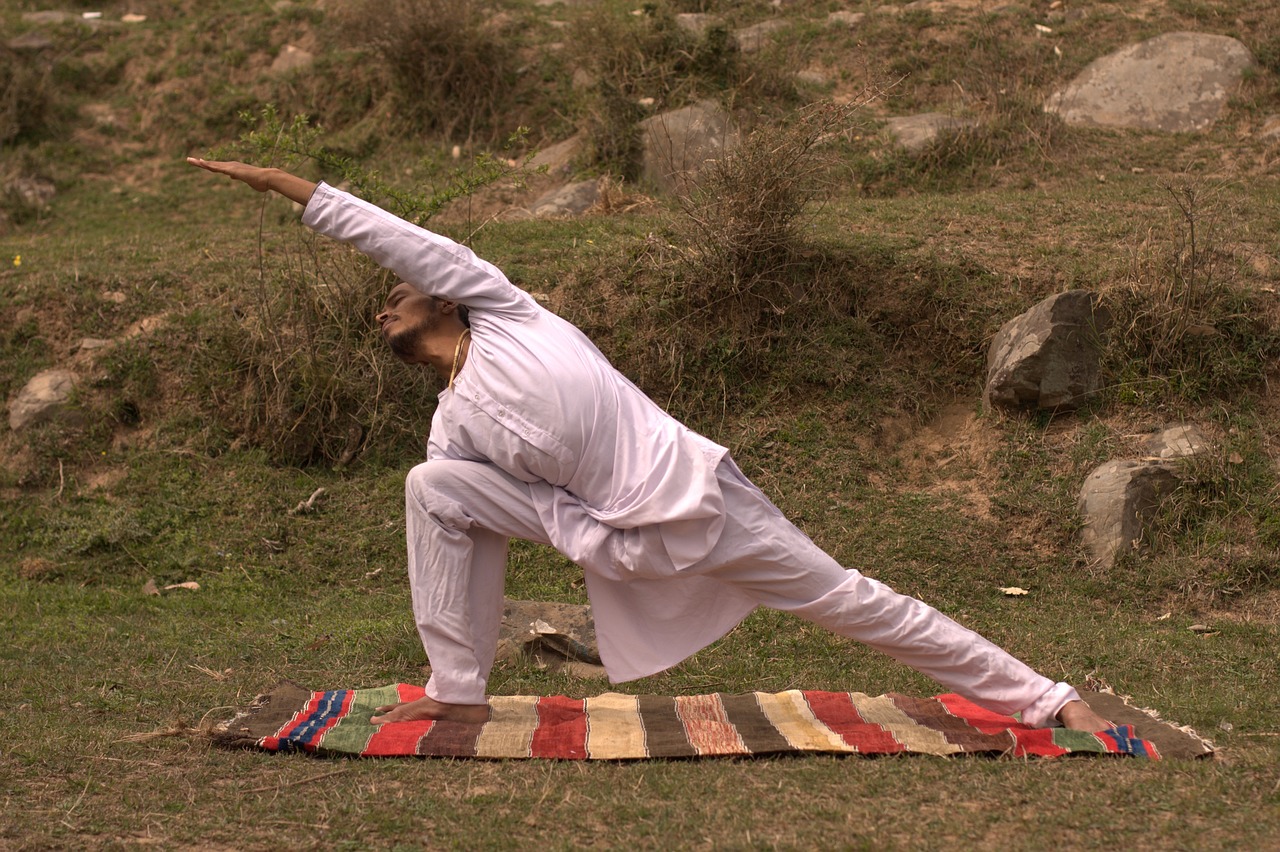The Benefits of Group Therapy for Social Support and Healing
When individuals come together to share their experiences, a unique bond is formed that transcends words. The act of opening up and connecting on a deeper level creates a sense of unity and understanding among people from different walks of life. Through these shared experiences, empathy and compassion blossom, paving the way for mutual support and encouragement in times of need.
The power of shared experiences lies in its ability to foster a sense of connection and belonging within a community. As individuals recount their triumphs and struggles, a feeling of solidarity emerges, reinforcing the idea that no one is alone in their journey. This shared sense of camaraderie not only strengthens relationships but also cultivates a safe space where individuals feel heard, valued, and accepted for who they are.
• Shared experiences create a unique bond that transcends words
• Opening up and connecting on a deeper level fosters empathy and compassion
• Unity and understanding are formed among people from different walks of life
• Mutual support and encouragement blossom in times of need
The sense of connection and belonging within a community is enhanced through shared experiences. When individuals share their triumphs and struggles, solidarity emerges, reminding everyone that they are not alone in their journey. This camaraderie strengthens relationships and creates a safe space where individuals feel heard, valued, and accepted for who they are.
• A feeling of solidarity reinforces the idea that no one is alone in their journey
• Shared experiences cultivate a safe space where individuals feel heard and accepted
• Connection and belonging within a community are enhanced through sharing triumphs and struggles
Building a Sense of Community and Belonging
One of the fundamental aspects of fostering a sense of community and belonging lies in creating opportunities for individuals to come together and connect on a deeper level. By establishing spaces where individuals can share their experiences, thoughts, and feelings, a sense of unity and understanding can be cultivated within the community.
When individuals feel supported and valued within a community, they are more likely to actively engage and contribute to its growth and development. Encouraging open communication, empathy, and mutual respect among members can help create a cohesive environment where everyone feels accepted and included.
Learning from Others’ Perspectives and Coping Strategies
When we open ourselves up to learning from others’ perspectives, we gain valuable insights and a deeper understanding of the world around us. It allows us to broaden our horizons and challenge our own beliefs and assumptions. By listening to diverse viewpoints, we can see things from different angles and appreciate the complexity of human experiences. This exchange of ideas fosters empathy and encourages us to approach challenges with a more open mind.
Coping strategies are essential tools that help us navigate life’s difficulties and uncertainties. By observing how others handle adversity, we can learn new techniques and approaches to manage stress and overcome obstacles. Sharing coping strategies within a community creates a support system where individuals can lean on each other during tough times. It reminds us that we are not alone in our struggles and that there are resources and guidance available to help us cope effectively.
How can sharing experiences with others help us cope better?
Sharing experiences with others can provide different perspectives and insights, helping us gain new coping strategies and a sense of support and understanding.
Why is building a sense of community important in coping with challenges?
Building a sense of community can provide a support system where individuals feel connected and understood, leading to better coping mechanisms and a sense of belonging.
How can we learn from others’ perspectives in dealing with our own challenges?
By listening to others’ perspectives, we can gain valuable insights and alternative ways of coping with our own challenges, broadening our understanding and problem-solving abilities.
What are some effective coping strategies that we can learn from others?
Some effective coping strategies that we can learn from others include mindfulness practices, seeking professional help when needed, engaging in self-care activities, and reaching out for social support.







